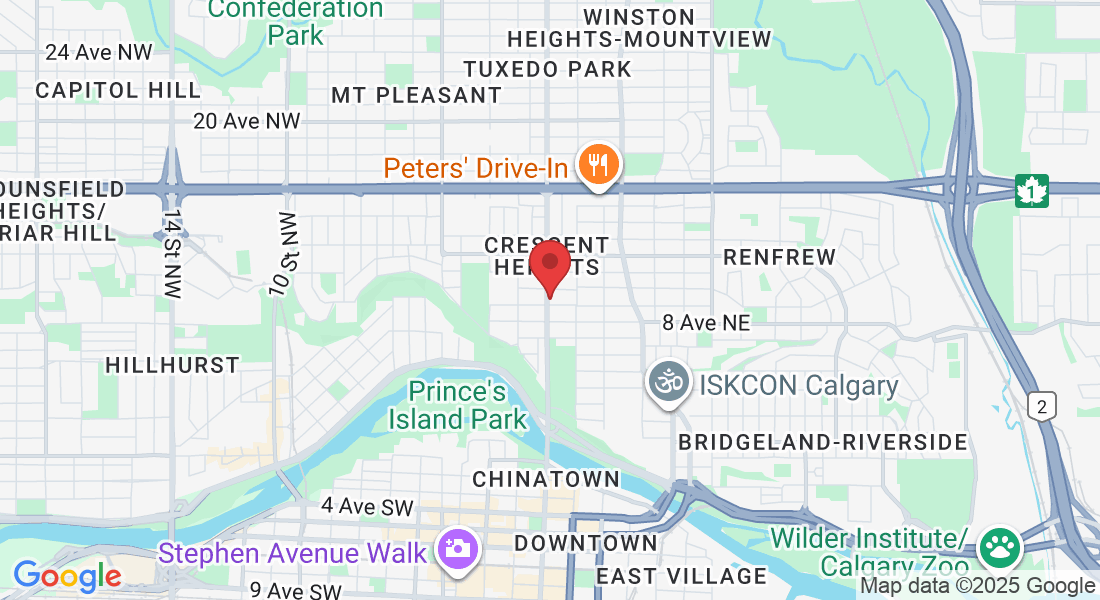Personal Directives in Alberta
Protect your wishes.
Reduce family stress.
Appoint someone you trust to make personal and health decisions if you can’t.
Serving Albertans • Guided by the Personal Directives Act • Estate planning with VanderLeek Law

About VanderLeek Law
At VanderLeek Law, we focus on helping Albertans plan with confidence. With years of experience in estate planning, wills, trusts, and personal directives, our team guides clients through important life decisions with clarity and compassion. We believe legal planning shouldn’t be overwhelming, it should give you peace of mind that your wishes will be honored and your loved ones supported.
Personal Directives at a Glance

What is a Personal Directive?
A Personal Directive is a legal document that allows someone to make personal decisions for you after you have lost capacity. What it does:
Appoint an Agent
Choose someone you trust to make personal and health decisions on your behalf.Activated if capacity is lost
Your PD only comes into effect if you’re unable to make decisions for yourself.Part of your Estate Plan
Works alongside your Will and Power of Attorney to provide complete protection.

Why Have One?
Control & dignity
Your values guide the decisions made on your behalf and who makes them for you.Less stress
Clear instructions reduce confusion and conflict for loved ones.Avoid court delays
Save your family from costly and time-consuming guardianship applications.Continuity of care
Ensure your healthcare and housing preferences are respected.

Who Should You Choose as an Agent?
Eligible
Your Agent must be 18+, mentally capable, and trustworthy.Accountable
They must act honestly, follow your instructions, and keep records.Backup plan
Name an alternate Agent in case your first choice can’t act.

What Happens Without One?
Without a Personal Directive, your family may have to apply to the courts for Guardianship: a slower, costlier, and stressful process. A PD lets you choose who speaks for you and reduces conflict.

What Your Agent Can & Can't Do
What they can do - Make personal decisions about medical treatment, housing, and care (unless you limit it).
What they can’t do - They cannot consent to psychosurgery, non-essential sterilization, tissue donation, or participate in experimental research with little or no benefit. Your Agent also cannot consent to Medical Assistance in Dying (MAID) on your behalf.

How It's Triggered
You decide the trigger. By default, one physician or psychologist can confirm incapacity, but you may require two, or include a service provider involved in your care. Customize this in your document.
What’s the Difference Between a Personal Directive and a Power of Attorney?
FAQS
What is a personal directive?
PD permits an Agent to make personal decisions (medical treatment, housing, care) if you lose capacity; governed by Alberta’s Personal Directives Act; part of your broader Estate Plan with a Will + POA.
Why have one: autonomy, clarity, reduced conflict, continuity of care, fewer emergency legal interventions.
What do I need to know about capacity?
Mental capacity means being able to understand information relevant to a decision and appreciate its consequences. Alberta law presumes adults have capacity unless proven otherwise. You must have capacity at the time you create and sign a Personal Directive, though capacity can fluctuate over time. A Personal Directive is usually triggered when a physician or psychologist confirms you’ve lost capacity, though you can choose to require two professionals or include a service provider. If you regain capacity, you have the right to revoke or amend your Personal Directive (and Power of Attorney).
What do I need to know about choosing an Agent?
Your Agent must be at least 18, mentally competent, and someone you trust to act in your best interest. They are legally required to act honestly, follow your instructions, and keep records of their decisions. The more guidance you include in your Personal Directive, the easier it will be for your Agent to reflect your wishes and values. You can also appoint more than one Agent — either jointly, where they must agree on decisions, or jointly and separately, where each can act independently. Naming alternates is wise in case your first choice can’t serve.
What do I need to know about what my Agent can and can’t do?
Unless you place restrictions, your Agent can make decisions about medical treatment, housing, and personal care. However, there are specific things they can never consent to, such as psychosurgery, non-medically-necessary sterilization, removal of tissue for transplant or research, or participation in experimental research with little or no benefit. If an Agent abuses their authority, they may be removed from their role and held legally responsible.
What happens if I don’t have a Personal Directive?
Guardianship and/or Trusteeship may be required via court: more complex, slower, and costlier; creates uncertainty and potential family conflict. A PD helps avoid this.
What’s the difference between Supported Decision-Making and Guardianship?
Supported Decision-Making allows you to keep your legal capacity while receiving help from someone you trust to understand information and weigh options. Guardianship, on the other hand, is a formal court process where someone is appointed to make personal decisions on your behalf when you lack capacity or don’t have clear documents in place. By creating both a Personal Directive and a Power of Attorney, you can often avoid the need for Guardianship and Trusteeship altogether.
What should I know about professionals and storage?
A trust company will not act under a Personal Directive, and most professionals only do so if they share a personal relationship with you. Once your documents are created, the originals should be stored safely, and your Agents should know where and how to access them if they are ever needed.
How often should I review or update my documents?
Personal Directives should be reviewed regularly. Typically every 3 to 5 years or when major life changes occur, such as a new diagnosis, a move, or a shift in relationships. Updates are especially important if you lose confidence in your chosen Agent or if they become unable to serve (for example, if they move away, pass away, or experience their own health issues). Keeping your documents up to date ensures your wishes are carried out by the right person.
Can I create a Personal Directive myself or should I use a lawyer?
While Alberta’s Personal Directive forms are available online, errors in preparation or execution can make your documents invalid. A lawyer ensures your documents are drafted, signed, and witnessed properly, giving you confidence that your wishes will be respected. VanderLeek Law can prepare your Personal Directive, Power of Attorney, and Will to ensure they are valid and tailored to your needs.
Get In Touch
Phone: 403-457-4575
Fax: 403-398-1400
Email: [email protected]
Location:
Suite 500, 1000 Centre St N
Calgary, AB T2E 7W6
Office Hours:
Monday to Friday - 8:30am to 5:00pm
Contact us today!

